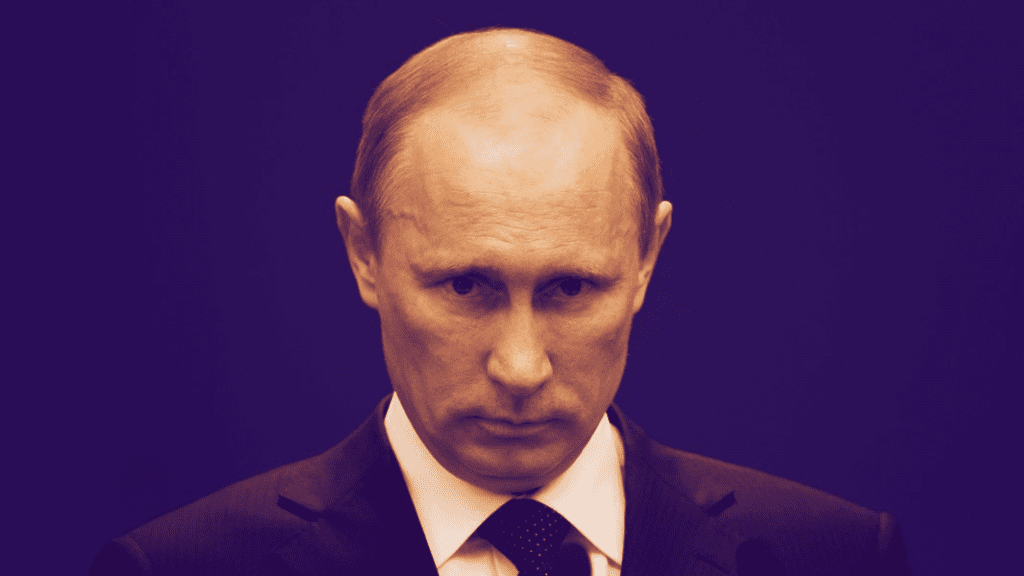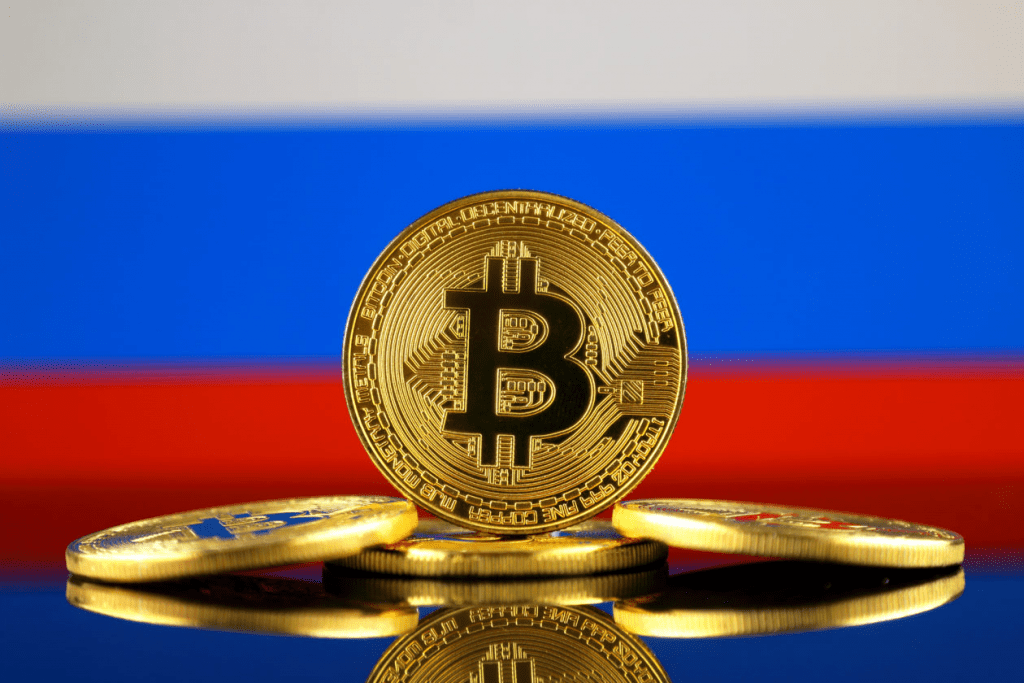Soon, digital assets will not be accepted as a form of payment in Russia.

A law banning the use of digital assets, such as bitcoin and NFTs, to pay for goods and services has been signed into law by Russian President Vladimir Putin. The new rule also mandates that crypto exchanges and service providers reject transactions in which digital transfers can be regarded as a form of payment, as noted by Protocol. According to the new law:
“It is prohibited to transfer or accept digital financial assets as a consideration for transferred goods, performed works, rendered services, as well as in any other way that allows one to assume payment for goods (works, services) by a digital financial asset, except as otherwise provided by federal laws.”
According to a New York Times report from earlier this year, US authorities suspect that some Russian businesses that are subject to sanctions imposed on them as a result of their invasion of Ukraine may be using cryptocurrencies to get around such restrictions. After the invasion began in February, Bitcoin’s value even briefly increased.

However, the Russian government is not particularly interested in digital assets: The Russian Central Bank demanded a complete ban on cryptocurrencies. That probably didn’t happen because Russia’s Finance Ministry rejected the notion and thought it was important to foster the growth of crypto technology.
The regulation will go into effect in ten days and will outlaw the use of cryptocurrency in the nation. But Russians are still able to invest in and presumably continue mining cryptocurrencies like Bitcoin.
DISCLAIMER: The Information on this website is provided as general market commentary and does not constitute investment advice. We encourage you to do your own research before investing.
Join CoinCu Telegram to keep track of news: https://t.me/coincunews
Follow CoinCu Youtube Channel | Follow CoinCu Facebook page
Patrick
CoinCu News






















